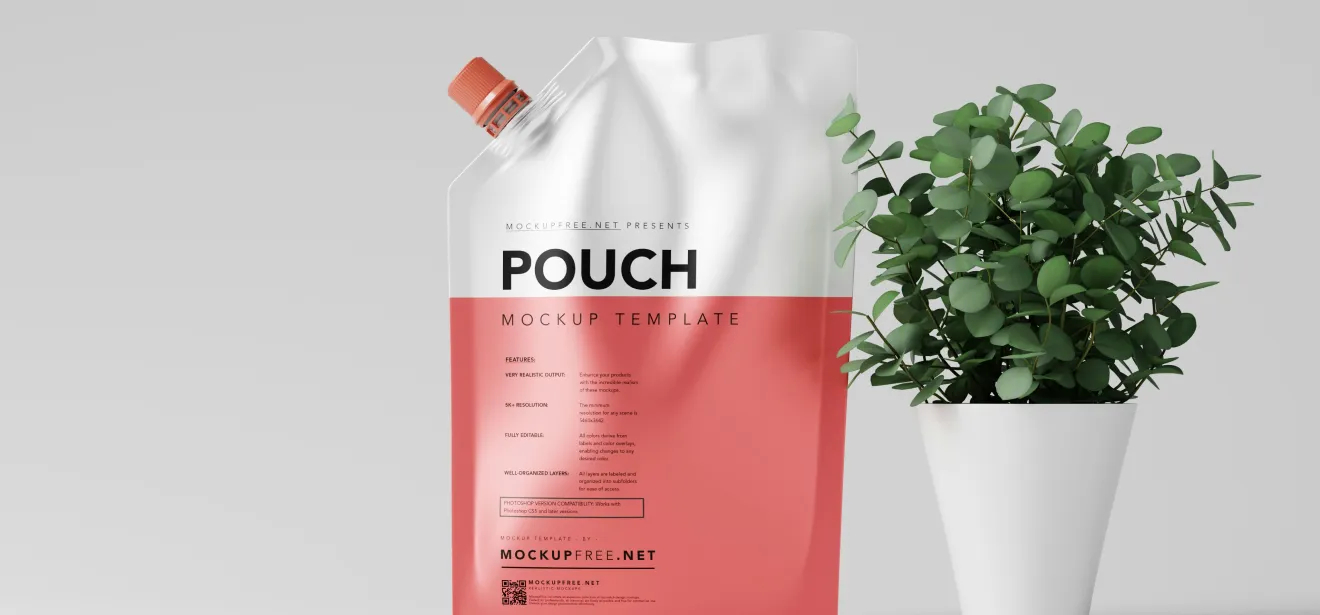+91 724 000 0910

FDI is one of the important tools of economic growth for a developing nation like India. So to boost the flow of foreign investment the process of liberalization is undertaken. However, liberalization of an economy always comes with regulations.
Routes for FDI
Basically, there are two routes for FDI in India. There is the Automatic Route, where no approval or authority is required by the private foreign investor. He can invest in any company it wishes with no need for government approval.
And then there is the Government Route. In this route, there is no investment without the prior approval of the Government of India.
Foreign Direct Investment in India does not have a uniform rate. Some industries allow 100% FDI, i.e. the entire funds of the business can be from foreign direct investment. The percentages vary from 26% to 49% to 51%. There are a few industries where FDI is strictly prohibited under any route. These industries are
Atomic Energy Generation
Any Gambling or Betting businesses
Lotteries (online, private, government, etc)
Investment in Chit Funds
Nidhi Company
Agricultural or Plantation Activities (although there are many exceptions like horticulture, fisheries, tea plantations, Pisciculture, animal husbandry, etc)
Housing and Real Estate (except townships, commercial projects, etc)
Trading in Transferable Development Rights (TDR's)
Cigars, Cigarettes, or any related tobacco industry
SECTOR SPECIFIC CONDITION FOR FDI FOR 100% AUTOMATIC ROUTE
1. Air Transport Services (non-scheduled and other services under civil aviation sector)
Main condition:
Non-Scheduled Air Transport Services
Helicopter services/seaplane services requiring DGCA approval
Other condition:
Air Transport Services would include Domestic Scheduled Passenger Airlines; Non-Scheduled Air Transport Services, helicopter and seaplane services.
Foreign airlines are allowed to participate in the equity of companies operating Cargo airlines, helicopter and seaplane services, as per the limits and entry routes mentioned above.
Foreign airlines are also allowed to invest in the capital of Indian companies, operating scheduled and non-scheduled air transport services, up to the limit of 49% of their paid-up capital. Such investment would be subject to the following conditions:
It would be made under the Government approval route.
The 49% limit will subsume FDI and FII/FPI investment.
The investments so made would need to comply with the relevant regulations of SEBI, such as the Issue of Capital and Disclosure Requirements (ICDR) Regulations/Substantial Acquisition of Shares and Takeovers (SAST) Regulations, as well as other applicable rules and regulations.
A Scheduled Operator's Permit can be granted only to a company:
(a) that is registered and has its principal place of business within India;
(b) the Chairman and at least two-thirds of the Directors of which are citizens of India; and
(c) the substantial ownership and effective control of which is vested in Indian nationals.
All foreign nationals likely to be associated with Indian scheduled and non-scheduled air transport services, as a result of such investment shall be cleared from security view point before deployment; and
All technical equipment that might be imported into India as a result of such investment shall require clearance from the relevant authority in the Ministry of Civil Aviation.
The FDI limits/entry routes, mentioned at paragraph 5.2.9.2 (1) and 5.2.9.2 (2) above, are applicable in the situation where there is no investment by foreign airlines.
The dispensation for NRIs regarding FDI up to 100% will also continue in respect of the investment regime specified at para (c) (ii) above.
In addition to the above conditions, foreign investment in M/s Air India Limited shall be subject to the following conditions: (i) Foreign investment in M/s Air India Ltd., including that of foreign airline(s), shall not exceed 49% either directly or indirectly. (ii) Substantial ownership and effective control of M/s Air India Ltd. shall continue to be vested in Indian Nationals
2. Automobiles
Main condition:
Subject to the provisions of the FDI policy, foreign investment in 'manufacturing' sector is under automatic route. Further, a manufacturer is permitted to sell its products manufactured in India through wholesale and/or retail, including through e-commerce, without Government approval.
3. Biotechnology (Greenfield)
Main condition:
Greenfield projects
Other condition:
Nil
4. Broadcast Content Services (Up-linking of Non-'News & Current Affairs' TV Channels/ Down-linking of TV Channels)
Main condition:
Up-linking of Non-'News & Current Affairs' TV Channels/ Down-linking of TV Channels
Other condition:
Nil
5. Broadcasting Carriage Services
Main condition:
Teleports (setting up of up-linking HUBs/Teleports);
Direct to Home (DTH);
Cable Networks (Multi System operators (MSOs) operating at National or State or District level and undertaking upgradation of networks towards digitalization and addressability);
Mobile TV;
Headend-in-the Sky Broadcasting Service(HITS)
Cable Networks (Other MSOs not undertaking upgradation of networks towards digitalization and addressability and Local Cable Operators (LCOs))
Other condition:
Infusion of fresh foreign investment, beyond 49% in a company not seeking license/permission from sectoral Ministry, resulting in the change in the ownership pattern or transfer of stake by existing investor to new foreign investor, will require Government approval.
6. Capital Goods
Main condition:
Subject to the provisions of the FDI policy, foreign investment in 'manufacturing' sector is under automatic route. Further, a manufacturer is permitted to sell its products manufactured in India through wholesale and/or retail, including through e-commerce, without Government approval.
7. Cash & Carry Wholesale Trading/Wholesale Trading (including sourcing from MSEs)
Main Condition:
Cash & Carry Wholesale Trading/Wholesale Trading (including sourcing from MSEs)
Other condition:
Guidelines for Cash & Carry Wholesale Trading/Wholesale Trading (WT):
For undertaking WT, requisite licenses/registration/ permits, as specified under the relevant Acts/Regulations/Rules/Orders of the State Government/Government Body/Government Authority/Local Self-Government Body under that State Government should be obtained.
Except in case of sales to Government, sales made by the wholesaler would be considered as 'cash & carry wholesale trading/wholesale trading' with valid business customers, only when WT are made to the following entities:
Entities holding sales tax/ VAT registration/service tax/excise duty registration; or
Entities holding trade licenses i.e. a license/registration certificate/membership certificate/registration under Shops and Establishment Act, issued by a Government Authority/Government Body/Local Self-Government Authority, reflecting that the entity/person holding the license/ registration certificate/ membership certificate, as the case may be, is itself/ himself/herself engaged in a business involving commercial activity; or
Entities holding permits/license etc. for undertaking retail trade (like tehbazari and similar license for hawkers) from Government Authorities/Local Self Government Bodies; or
Entities holding permits/license etc. for undertaking retail trade (like tehbazari and similar license for hawkers) from Government Authorities/Local Self Government Bodies; or
Institutions having certificate of incorporation or registration as a society or registration as public trust for their self consumption.
Full records indicating all the details of such sales like name of entity, kind of entity, registration/license/permit etc. number, amount of sale etc. should be maintained on a day to day basis.
WT of goods would be permitted among companies of the same group. However, such WT to group companies taken together should not exceed 25% of the total turnover of the wholesale venture.
WT can be undertaken as per normal business practice, including extending credit facilities subject to applicable regulations.
A wholesale/cash & carry trader can undertake retail trading, subject to the conditions as applicable. An entity undertaking wholesale/cash and carry as well as retail business will be mandated to maintain separate books of accounts for these two arms of the business and duly audited by the statutory auditors. Conditions of the FDI policy for wholesale/cash and carry business and for retail business have to be separately complied with by the respective business arms.
Note: An entity, to whom WT is made, may fulfill any one of the 4 conditions.
8. Chemicals
Main condition:
Subject to the provisions of the FDI policy, foreign investment in 'manufacturing' sector is under automatic route. Further, a manufacturer is permitted to sell its products manufactured in India through wholesale and/or retail, including through e-commerce, without Government approval.


9. Coal & Lignite
Main condition:
Coal & Lignite mining for captive consumption by power projects, iron & steel and cement units and other eligible activities permitted under and subject to the provisions of Coal Mines (Nationalization) Act, 1973.
Setting up coal processing plants like washeries subject to the condition that the company shall not do coal mining and shall not sell washed coal or sized coal from its coal processing plants in the open market and shall supply the washed or sized coal to those parties who are supplying raw coal to coal processing plants for washing or sizing.
Other Condition:
FDI for separation of titanium bearing minerals & ores will be subject to the following additional conditions viz.:
value addition facilities are set up within India along with transfer of technology;
disposal of tailings during the mineral separation shall be carried out in accordance with regulations framed by the Atomic Energy Regulatory Board such as Atomic Energy (Radiation Protection) Rules, 2004 and the Atomic Energy (Safe Disposal of Radioactive Wastes) Rules, 1987.
FDI will not be allowed in mining of “prescribed substances” listed in the Notification No. S.O. 61(E), dated 18.1.2006, issued by the Department of Atomic Energy.


